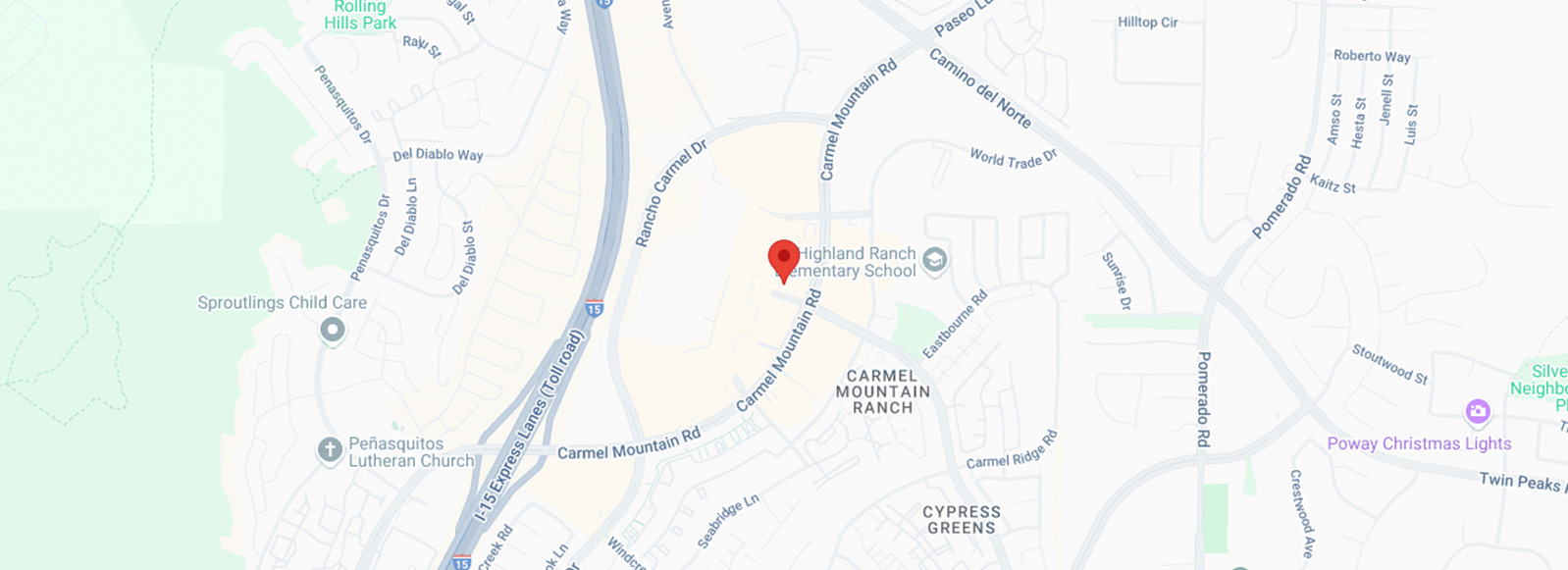Corydalis yanhusuo is a Chinese herb that has well documented effects on various types of pain: acute, inflammatory, neuropathic, and bone cancer pain. It can block even moderate to severe post-surgical pain, and does not cause tolerance. I want to share an amazing testimonial reported this week to me by a patient.
Are there studies?
Whenever I am told about an herbal remedy for anything, I first go to the online peer-reviewed scientific literature at https://www.ncbi.nlm.nih.gov/pubmed/ to learn what has been reported about it. When I learned from my patient about Corydalis for pain, the first online study[1] I read was work done in 2016 on mice entitled, “The Antinociceptive Properties of the Corydalis yanhusuo Extract.” The authors reported: “Our results therefore indicate that [Corydalis] effectively attenuates acute, inflammatory and neuropathic pain, without causing tolerance.”
This certainly peaked my interest! Moreover, other studies corroborate this same effect of Corydalis. Let me share a few of them I found on Pubmed.com.
An article in a 2014 issue of Current Biology[2] discusses an analgesic compound from Corydalis yanhusuo with and “surprising mechanism of action.”
A 2016 report[3] tells us that one of the active pain-relieving molecular components is L-tetrahydropalmatine (L-THP), and that “L-THP exerts remarkable antihyperalgesic effects on neuropathic and inflammatory pain in animal models.” The authors add that it did not affect motor function (just sensory function).
An even more recent 2018 study[4] revealed that Corydalis is effective even with primary or metastatic bone cancer pain. Researchers used dehydrocorydaline, “an alkaloidal component isolated from Rhizoma corydalis” in mice and found it clearly helped to attenuate bone cancer pain.
Corydalis for post-operative pain management
This week my patient reported to me regarding her husband’s remarkable pain control he experienced five years ago. Bill was age 69 and sustained a comminuted spiral fracture of his distal fibula near his ankle. He underwent open-reduction, internal fixation of the fracture with plates and screws.
He and his wife (my patient) never liked taking prescription medicines. He was given the usual intraoperative anesthesia, and taken to the recovery room. Later that day while in the recovery room, she brought him a standard dose of Corydalis extract (powder) which she purchased from Active Herbs in Sorrento Valley, CA. By 11 pm he was asking to go home, which he did—without any prescription pain relievers of any kind—just the Corydalis powder.
You would expect his pain to soar that night and for the many days and weeks that followed. Instead, he kept his ankle elevated for the first 2 weeks while he took only one pain reliever: Corydalis three times daily and more if needed. He experienced no side effects whatsoever. During his recovery, from legs up to crutches to scooters to (three) walking casts, his pain was easily controlled with nothing more than just Corydalis!
To pain relief and feeling good,
Michael Cutler, M.D.
[1] Wang L, Zhang Y, Wang Z, Gong N, Kweon TD, Vo B, Wang C, Zhang X, Chung JY, Alachkar A, Liang X, Luo DZ, Civelli O. The Antinociceptive Properties of the Corydalis yanhusuo Extract. PLoS One. 2016 Sep 13;11(9):e0162875. PubMed PMID: 27622550. https://www.ncbi.nlm.nih.gov/pubmed/27622550.
[2] Ingram SL. Pain: novel analgesics from traditional Chinese medicines. Curr Biol. 2014 Feb 3;24(3):R114-6. PubMed PMID: 24502784. https://www.ncbi.nlm.nih.gov/pubmed/24502784
[3] Zhou HH, Wu DL, Gao LY, Fang Y, Ge WH. L-Tetrahydropalmatine alleviates mechanical hyperalgesia in models of chronic inflammatory and neuropathic pain in mice. Neuroreport. 2016 May 4;27(7):476-80. PubMed PMID: 26981712. https://www.ncbi.nlm.nih.gov/pubmed/26981712
[4] Huo W, Zhang Y, Liu Y, Lei Y, Sun R, Zhang W, Huang Y, Mao Y, Wang C, Ma Z, Gu X. Dehydrocorydaline attenuates bone cancer pain by shifting microglial M1/M2 polarization toward the M2 phenotype. Mol Pain. 2018 Jan-Dec;14:1744806918781733. PubMed PMID: 29882480. https://www.ncbi.nlm.nih.gov/pubmed/29882480









